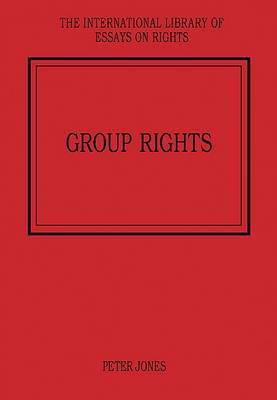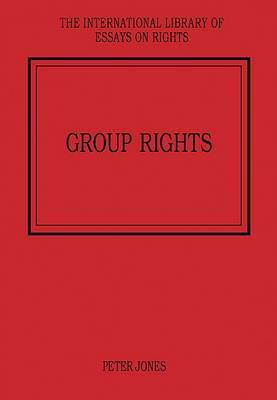
- Afhalen na 1 uur in een winkel met voorraad
- Gratis thuislevering in België vanaf € 30
- Ruim aanbod met 7 miljoen producten
- Afhalen na 1 uur in een winkel met voorraad
- Gratis thuislevering in België vanaf € 30
- Ruim aanbod met 7 miljoen producten
Zoeken
Omschrijving
Nowadays, rights are frequently ascribed to groups distinguished by their nationality, culture, religion or language. Rights are also commonly ascribed to institutionalised groups, such as states, businesses, trade unions and private associations. Yet the ascription of rights to groups remains deeply controversial. Many people reject the very idea of group rights. Amongst those who do not, there is radical disagreement about which sorts of group might possess rights and why. Some believe that group rights threaten the freedom and well-being of individuals, while others argue that the rights of groups can complement them. Some claim that group rights can also be human rights; others find that claim incoherent. The contributions making up this volume wrestle with these and many other of the issues that surround group rights. This volume brings together twenty-four of the journal articles that have contributed most significantly to contemporary thinking on group rights.
Specificaties
Betrokkenen
- Uitgeverij:
Inhoud
- Aantal bladzijden:
- 568
- Taal:
- Engels
- Reeks:
Eigenschappen
- Productcode (EAN):
- 9780754623700
- Verschijningsdatum:
- 25/03/2009
- Uitvoering:
- Hardcover
- Formaat:
- Genaaid
- Afmetingen:
- 178 mm x 254 mm
- Gewicht:
- 1291 g

Alleen bij Standaard Boekhandel
+ 932 punten op je klantenkaart van Standaard Boekhandel
Beoordelingen
We publiceren alleen reviews die voldoen aan de voorwaarden voor reviews. Bekijk onze voorwaarden voor reviews.






